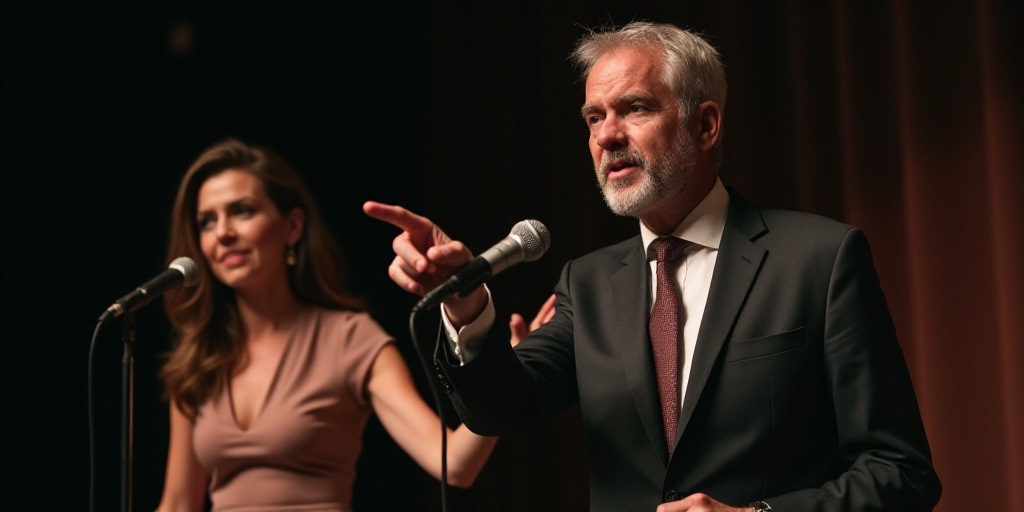Background on Key Figures and Context
Donald Trump, the former President of the United States, has recently taken to his social media platform, Truth Social, to address Russia regarding the casual use of the term “nuclear.” This comes in response to a message from Dmitry Medvedev, the former Russian Prime Minister, suggesting that several countries were willing to supply Iran with their own nuclear warheads.
Dmitry Medvedev, who served as Russia’s Prime Minister from 2008 to 2012 under President Vladimir Putin, has a significant influence on Russian politics. His comments about Iran’s nuclear capabilities reflect his position and understanding of international relations, making his statements relevant to the ongoing discussions about nuclear proliferation.
On the other hand, Donald Trump, who served as the U.S. President from 2017 to 2021, has been vocal about maintaining and showcasing the United States’ military capabilities. His recent message on Truth Social highlights his continued interest in projecting American military strength, especially following the U.S. bombing of three Iranian nuclear facilities on Sunday.
Trump’s Message and Its Implications
In his Truth Social post, Trump questioned whether Medvedev genuinely implied the use of nuclear terms casually, urging Russia to be cautious in their rhetoric. He wrote, “Have I heard ex-Prime Minister Medvedev dropping the ‘N-word’? Nuclear!… If he said it and it’s confirmed, let me know immediately.”
Trump further emphasized the importance of Russia’s restraint by stating, “That’s probably why (Vladimir) Putin is ‘the boss’.” This comment suggests Trump’s belief that Russia, under Putin’s leadership, should exercise caution when discussing nuclear matters.
Trump also took the opportunity to highlight the United States’ military capabilities, specifically mentioning its nuclear submarines as examples of advanced and lethal weaponry. He asserted that these submarines, which he claims are “20 years ahead,” successfully targeted their intended destinations with precision during the recent U.S. strikes on Iranian nuclear facilities.
Key Actions and Ideas – Summary
- Trump’s Message: The former U.S. President urged Russia to avoid casually using the term “nuclear” in response to Medvedev’s suggestion that several countries were willing to supply Iran with nuclear warheads.
- Context of Medvedev’s Statement: The former Russian Prime Minister implied that multiple nations were open to providing Iran with its own nuclear warheads, sparking concerns about nuclear proliferation.
- Trump’s Response to Medvedev: Trump questioned the seriousness of Medvedev’s statement and emphasized Russia’s need for caution in their rhetoric regarding nuclear matters.
- Highlighting U.S. Military Capabilities: Trump used his message to underscore the United States’ military strength, specifically mentioning its nuclear submarines and their successful precision strikes on Iranian facilities.
Key Questions and Answers
- Q: Who are Donald Trump and Dmitry Medvedev?
- Q: What did Dmitry Medvedev suggest regarding Iran’s nuclear capabilities?
- Q: How did Donald Trump respond to Medvedev’s suggestion?
- Q: What military capabilities did Trump highlight in his message?
A: Donald Trump is the former President of the United States (2017-2021). Dmitry Medvedev served as Russia’s Prime Minister from 2008 to 2012 under President Vladimir Putin.
A: Medvedev implied that several countries were willing to supply Iran with its own nuclear warheads, raising concerns about nuclear proliferation.
A: Trump urged Russia to avoid casually using the term “nuclear” and emphasized the need for caution in their rhetoric regarding nuclear matters.
A: Trump mentioned the United States’ nuclear submarines, asserting their advanced nature and successful precision strikes on Iranian facilities.






